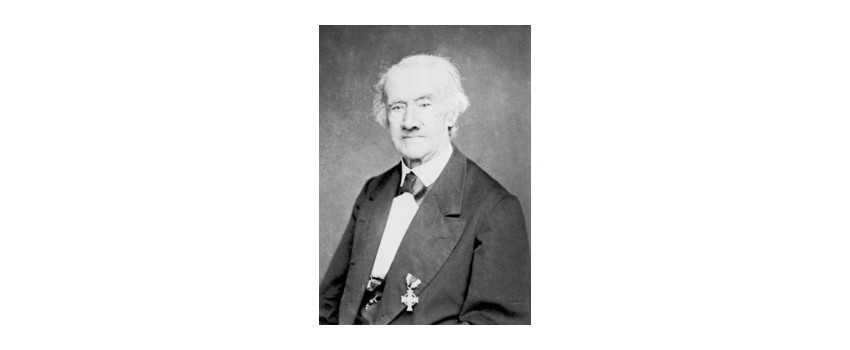Kummer 12 Duets Op 105 For Two Cellos ( IMC)
Kummer 12 Duets Op105 for Two cellos ( IMC)
Frédéric Kummer was a composer and performer who lived in the 19th century. He was a contemporary of famous composers such as Franz Schubert, Robert Schumann, and Felix Mendelssohn. Despite being overshadowed by these famous names, Kummer's contributions to the music world cannot be ignored. His compositions blended Romanticism and Classicism, and their technical complexity and emotional depth characterized his music. In this article, we will take a closer look at the life and musical legacy of Frédéric Kummer. We will explore his early years, rise to fame, and enduring influence on the world of music. Join us on this journey of discovery as we uncover the genius of one of the most underrated composers of the 19th century.
Early Life and Musical Education
Frédéric Kummer was born in 1797 in the city of Meissen, Germany. His father was a cellist, and his mother was a singer. Kummer's parents recognized his musical talent at a young age and encouraged him to pursue a music career. Kummer's father taught him to play the cello, and he began performing in public at six. Kummer also received training in piano and composition.
Kummer's family moved to Dresden as a teenager, and he continued his musical studies there. He studied cello with Friedrich Dotzauer, a famous cellist of the time, and composition with Johann Nepomuk Hummel. Kummer's talent as a cellist was recognized early on, and he began performing in orchestras and chamber ensembles. Kummer's musical education was wider than classical music. He was also interested in folk music and played in local bands that performed traditional German music. This exposure to different styles of music would later influence his compositions.
Kummer's Career as a Performer and Composer
Kummer's career as a performer and composer began in his early twenties. He performed in various orchestras and chamber ensembles in Dresden and Leipzig. He also began composing his music and quickly gained a reputation as a talented composer.
Kummer's music was influenced by the Romanticism movement, which was popular during his time. As a result, his compositions were characterized by their emotional depth and technical complexity. He wrote music for the cello, piano, and chamber ensembles, and his contemporaries highly regarded his works.
Kummer's career as a performer and composer was challenging. He suffered from stage fright and was often nervous before performances. He also needed help to balance his career with his personal life. Kummer was married twice and had several children, and he struggled to support his family with his music.
Notable Works and Contributions to Music
Kummer's contributions to the world of music are significant. He wrote over 200 works, including pieces for cello, piano, and chamber ensembles. His most famous works include the Cello Concerto No. 1 in G major, Op. 51, and the Sonata in A Minor for Cello and Piano, Op. 80.
Its technical complexity and emotional depth characterized Kummer's music. His compositions blended Romanticism and Classicism, and he was known for using counterpoint and complex harmonies. As a result, his contemporaries highly regarded Kummer's music, and he was often compared to famous composers such as Felix Mendelssohn and Robert Schumann.
Kummer's contributions to the world of music were not limited to his compositions. He was also known for his work as a music teacher and editor. Kummer taught at the Leipzig Conservatory and edited several music journals, including the Neue Zeitschrift für Musik, which Robert Schumann founded.
Legacy of Frédéric Kummer
Frédéric Kummer's legacy in the world of music is significant. His compositions continue to be performed and studied today, influencing many composers who came after him. Kummer's music blended Romanticism and Classicism, and his technical skill and emotional depth continue to inspire musicians and audiences alike. Kummer's contributions to music were not limited to his compositions. He was also known for his work as a music teacher and editor, and he helped shape many young musicians' careers. Kummer's influence on the music world cannot be ignored; his legacy continues today.
Conclusion
Frédéric Kummer was a musical genius whose works have stood the test of time. His compositions blended Romanticism and Classicism, and their technical complexity and emotional depth characterized his music. Despite being overshadowed by other famous composers of his time, Kummer's contributions to the music world cannot be ignored. His life was full of interesting stories and anecdotes that shed light on his creative process and challenges. Kummer's legacy in the music world is significant, and his music continues to inspire and captivate audiences today.

Kummer 12 Duets Op105 for Two cellos ( IMC)